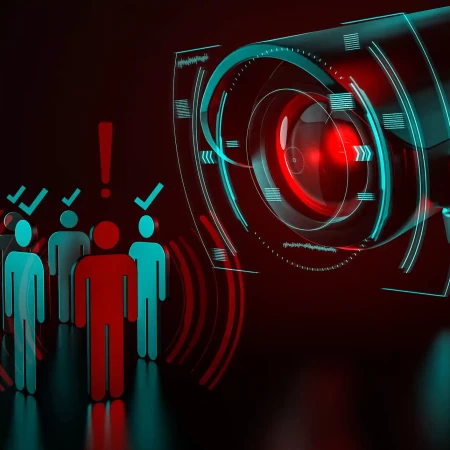

Grammar: Students will learn and practice the future perfect and future perfect continuous tenses. They will focus on using these tenses to talk about actions that will be completed or will be continuing at a specific point in the future. Examples will include "By 2025, I will have graduated from university" and "By next month, I will have been working here for three years."
Listening: Students will improve their listening skills by engaging with a video that discusses the use and implications of facial recognition technology. They will listen for details on how the technology works, its applications, and associated ethical concerns, particularly noting how future tenses are used to predict technological advancements and societal changes.
Speaking: Students will engage in discussions about the advantages and dangers of facial recognition technology. They will use future tenses to express their opinions on how this technology might change society, discussing scenarios where technology could either benefit or infringe on personal freedoms.
Vocabulary: Vocabulary development will focus on terms related to surveillance and technology such as "facial recognition," "CCTV," "database," "civil liberties," and "totalitarian." These terms will be used in context to help students discuss the subject matter more effectively.
Homework: For homework, students will complete exercises that involve using the future perfect and future perfect continuous tenses to describe future events related to technology, personal goals, or societal changes. They will create sentences like "By the end of the decade, we will have fully integrated facial recognition in public security systems" and "In five years, I will have been living in this city for a decade."